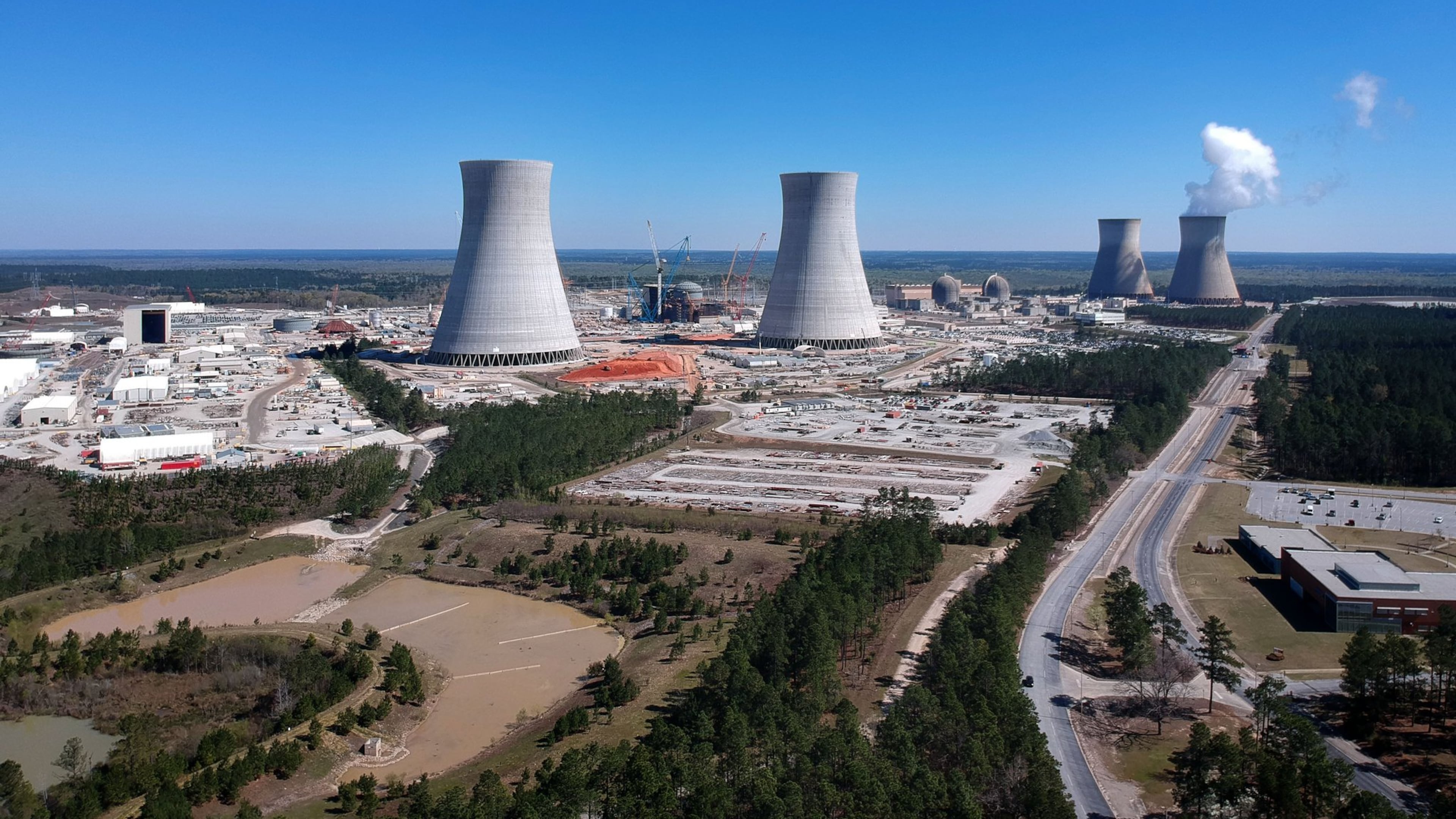Coronavirus expands foothold at Georgia Power’s Vogtle nuclear project

The new coronavirus has infected several more workers on Georgia Power’s nuclear expansion of Plant Vogtle, described as the largest construction project in the state.
The utility's parent, Southern Company, cautioned investors last week that the multi-billion-dollar project's latest timeline and costs could be disrupted by the pandemic. The work already is years behind scheduled and billions over budget, problems that developed long before COVID-19.
Georgia Power said Friday that a total of six of the roughly 9,000 workers assigned to the project have been confirmed to have COVID-19. It had reported the first confirmed case there less than a week ago.
Nearly 170 other workers are under quarantine because they were in close proximity to workers who had pending COVID-19 tests, company spokesman John Kraft wrote in an email to The Atlanta Journal-Constitution.
Eleven workers are awaiting test results and 79 have tested negative, he wrote.
The company did not disclose what parts of the project the workers were assigned to. Nor did it say whether any of the infected workers have been hospitalized.
“Construction work continues at the site under continuing enhanced protocols designed to reduce worker-to-worker contact and keep areas that workers frequent, cleaned and sanitized,” Kraft wrote.
Among other things, the company said it has added portable hand-washing stations, adjusted break schedules, implemented some alternate work schedules, closed an on-site cafeteria and suspended on-site transit trams and shuttle buses.



